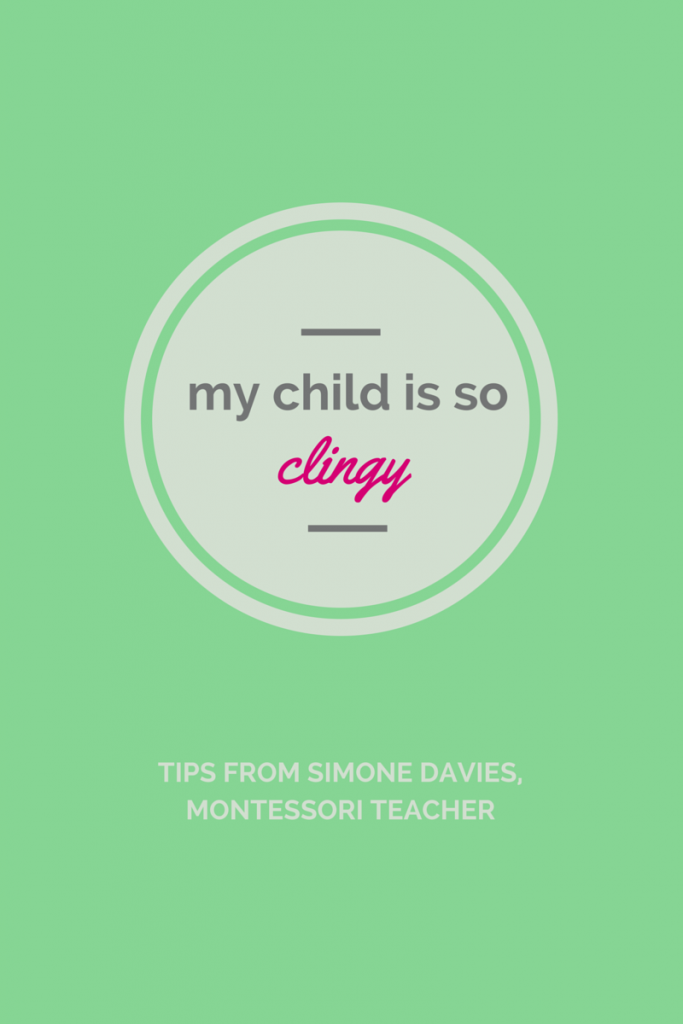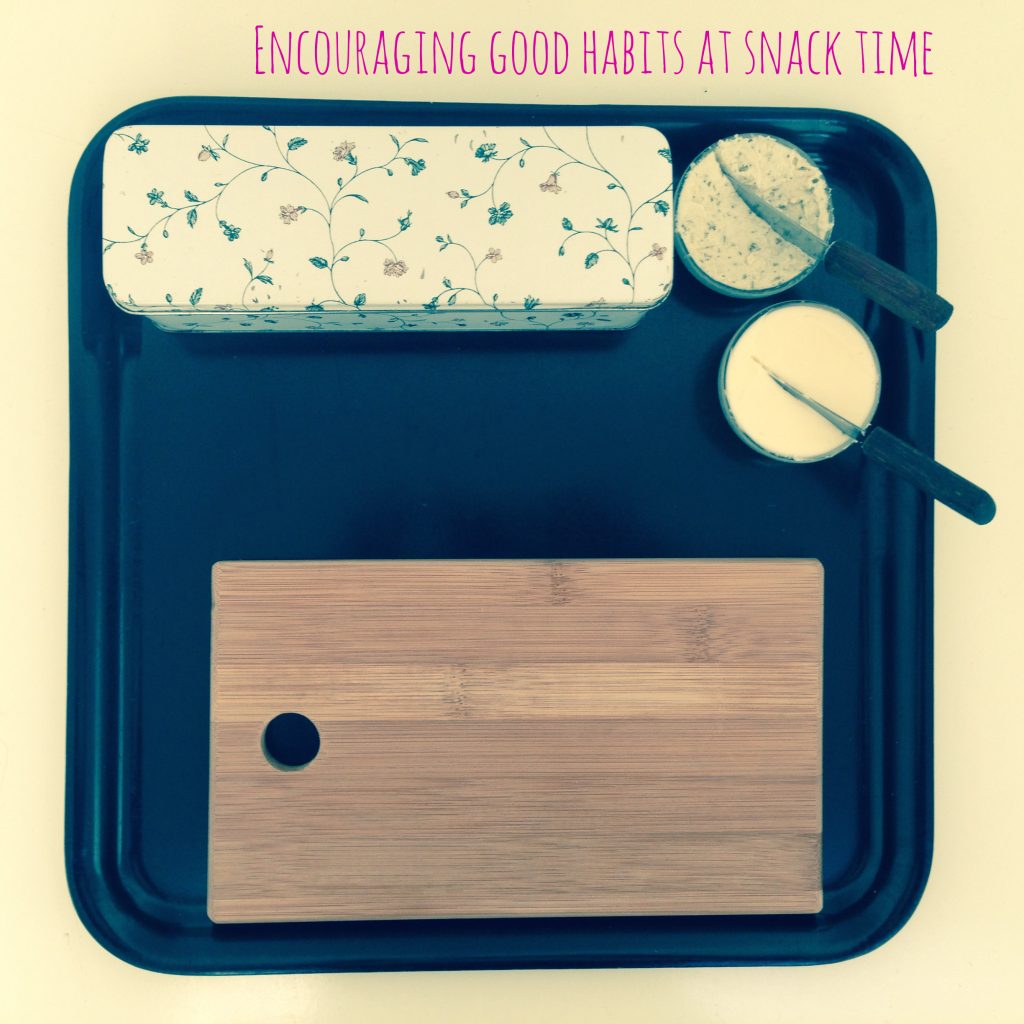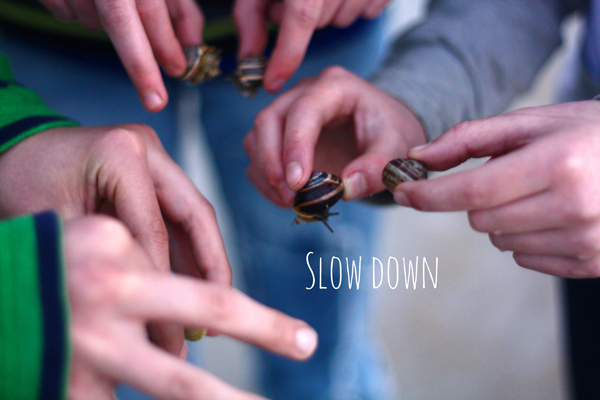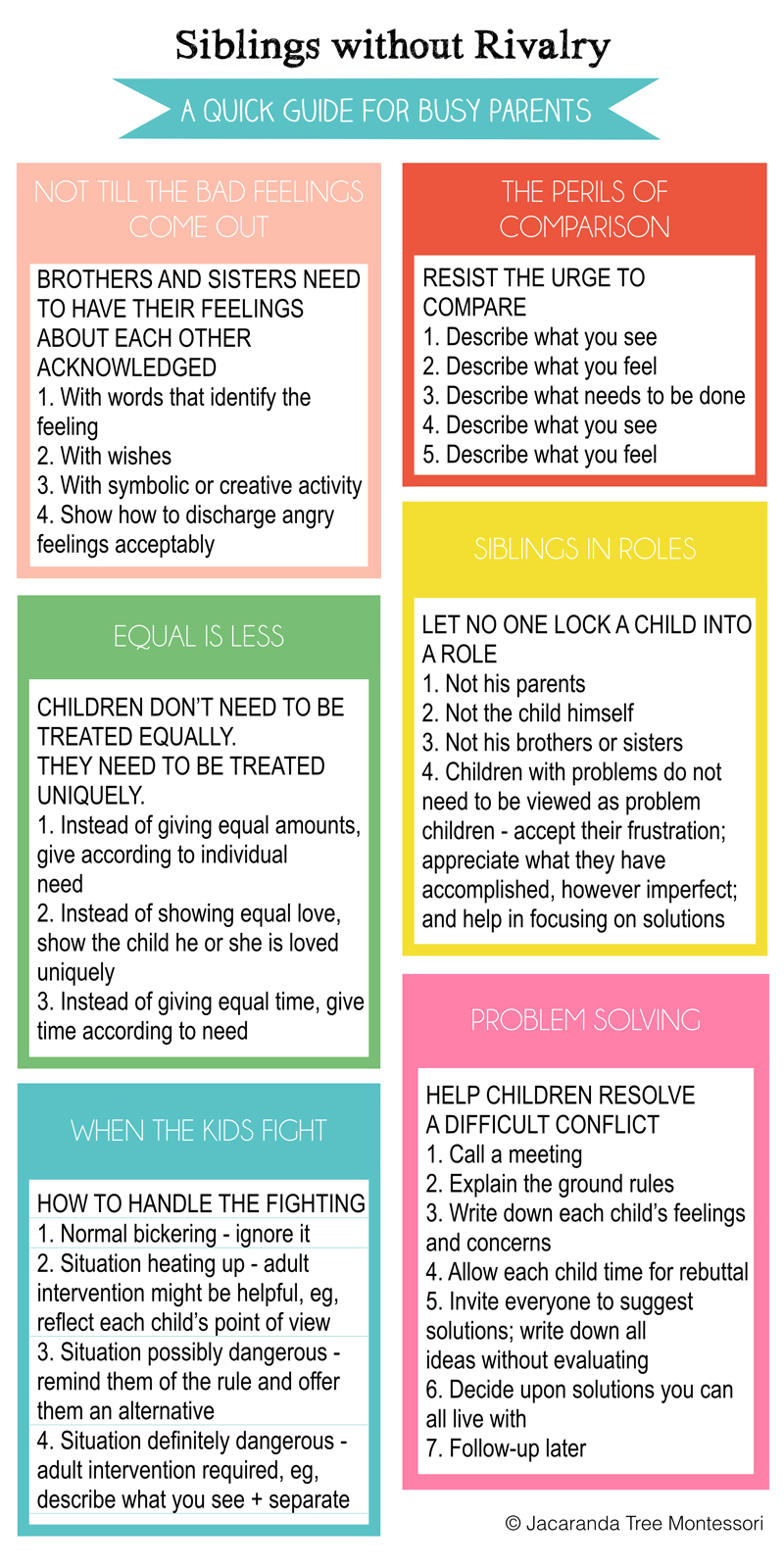My child is being so clingy
Parent question: “My child is so clingy. They don’t want to play by themselves. They won’t let me leave the room, even to use the toilet. And yet the more space I want, the more clingy they get! What should I do?”
Clingy children are super difficult – it’s so tiring to have someone hanging off you all day, and you just want a break.
But I understand it from the child’s perspective too – there can be many reasons why they are clingy:
* The child’s temperament – some kids are less social and prefer the safety of their parent’s company. This can be very challenging if the parent has an outgoing personality.
* After a trip/change in routine/sickness/change in work situation/new child care – these big changes can make the child wary. They have a strong need for re-establishing safety and may need some time until they feel secure again.
* Sometimes they are clingy when you would like to give your attention somewhere else, e.g., you want to cook dinner or make a phone call
* And sometimes it’s when our attention is on our mobile phone (checking Facebook!)
So as you can see, sometimes it is because they need to build some skills in independence; other times the child needs first to feel safe; sometimes it is to do with getting your attention; and often they need a lot of empathy.
What’s normal?
Of course I value independence. But I think it’s not exactly reasonable to think that young children will play by themselves for hours. And I think it’s important to just be with your kids and enjoy time together too.
It just needs some work if your child is constantly attached to your leg or wanting to be picked up all the time.
So let’s run through a few ideas that can help in these areas.
1. Understand your child
1. An introverted child may find groups overwhelming. They may need to stay with you at first, or you may want to make your visit shorter to accommodate your child’s needs too.
2. Listen to your child – instead of saying, “don’t worry, it will be ok”, you can provide understanding, “is it that you feel scared with all these people?” or “are you worried you might not be able to find me?” etc. This doesn’t mean you have to solve the problem, just let them know you understand.
3. Fill their emotional bucket – starting the day with a long cuddle and reading books can fill your child’s emotional tank before the day gets busy. This can make them less clingy. And when my children start to get whiney, I do the opposite of what I’m thinking and offer them a cuddle instead.
“Don’t forget to only stop hugging when they pull away – sometimes they hug for longer than you expect”
4. Your child’s “language of love” may be touch. This child will enjoy a lot of contact with you to feel loved. For me, I can find this challenging to put aside my need for space, and to give lots (and lots) of hugs when my children need them.
2. Make them feel safe
1. If you are going somewhere new, give them a little tour when you arrive so they feel orientated.
2. Always tell them where you are going rather than sneaking out. Even a baby lying on a mat will appreciate you saying, “I’m just going to the toilet. I’ll be back in 2 minutes.” This may make your child cry, but in the longer term it develops trust between you.
3. It can help to arrive just a little early to parties or group activities. It can be daunting for some children to walk into a room already full of busy children.
4. It can be helpful to get them used to being cared for by your partner, your family and close friends so that you are able to share bed-times, meal-times and bath-times. At first there may be resistance from your child: acknowledge their feelings, but let someone else share the load.
3. Building the child’s independence
1. Set up your home so your child can do more for themselves – e.g., having dishes down low to help themselves, have cleaning supplies at hand, allow them time to have success trying to dress themselves.
2. Ask them for help – for example, “can you fetch my shoes for me?” or “do you know where the brush is?”
3. Show them how, and ask if they would like a turn – never force them if they are not interested.
4. Your child may say “Mummy do it” – give as much help as they need and step back to see if they can manage the rest themselves. I’d stay close at first so they still feel safe and secure.
4. Help them play alone for periods
1. If your child doesn’t like to play by themselves – first play together, then after around 15 minutes you could try to play a little less and watch more, comment more, e.g., give a running commentary instead. Then the next step (maybe another day) move back about 30cm to give them some space. Then begin increasing the space to watch from 1m or 2m. Then maybe from the couch etc.
2. Another option is to give them undivided playing time and then after around 15 minutes you could tell them you are just popping into the kitchen to put the kettle on/put on washing etc. Come straight back. Then pop out again to make the cup of tea/do another little job etc and come straight back.
This gets them used to you going away and coming back.
3. Sometimes they will want to join you. And that’s ok too. Just make it a bit boring ;).
An example, you arrive at a party and everyone else’s children are playing, the parents are chatting, and your child is refusing to be put down. I would explain that I’m going to chat to the parents now. They are welcome to stay with me, it might be a bit boring, and they are welcome to join the other children whenever they like.
5. Do it together
1. And to contradict point 4 above entirely, let them help you! It is actually a lovely way to be together, to include your child as you do things around the house.
Some examples:
* use a stepladder so they can help in the kitchen
* let them press the buttons on the washing machine
* give them the socks to make into pairs while you do laundry etc.
6. You
1. Being a parent, you give so much to your child that it’s important for you to recharge too. Arrange to have a break – perhaps your partner, your family, a babysitter or a friend can look after your child/ren. It is very difficult to be there to fill your child’s emotional tank if yours is empty.
2. It’s ok to tell your child that you are going to do something for yourself, for example, to do exercise, to have a cup of tea, to meet a friend. If you don’t take care of yourself, there will be no-one to look after the family. They may whine. And you can give them empathy, whilst continuing to take care of your needs.
3. Put your technology down – during the day, in our house we avoided tv and these days I think that mobile phones and iPads would be worth keeping out of reach while kids are awake. Children seek our attention even more when we are tuned out. And I promise, you won’t regret having spent more time with your kids.
4. Teach your children to interrupt politely – if you are in conversation, on the phone, or in the shops, you can expect your child to wait. My children’s first Montessori teacher taught the children to put their hand on her shoulder to let them know they needed help. She explained to them that when their hand was on their shoulder, she knew they had something important to tell her, and she would get to them as soon as she could. It works too.
The analogy of a flower
So, to end, I love the analogy of the parent being the centre of your child’s flower – your child will make small excursions first crawling to the other side of the room and coming back; and then off to school and coming back; and then cycling themselves to high school and coming back to check in with you.
If they are clingy, they just will need a little bit of a nudge to explore, and then they’ll be back again soon to check in with you. Even though my children are now teenagers, I still find it important to be there for them when they need their emotional bucket to be re-filled, before they go off to explore again.





